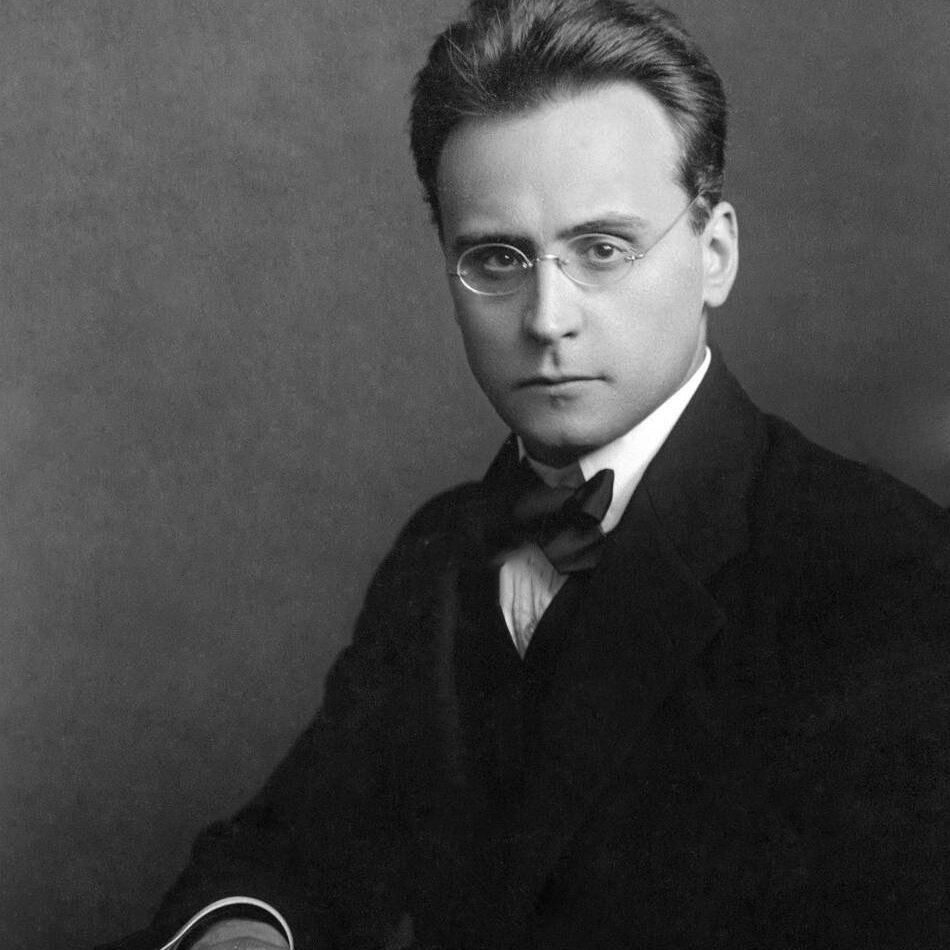Anton Webern
Austrian composer
Personal Life
Anton Webern was born on the 3rd of December 1883 in Vienna, Austria. As a child, he admired the work of Arnold Bocklin and Giovanni Segantini, who, despite being painters, inspired his journey into music. In 1902, he began attending classes at Vienna University and studied music under the tutelage of Guido Adler. His earlier music would influence his compositional techniques later in his career. During his time at university, he studied the music of Beethoven, Liszt, Mozart and Schubert; he would get into heated arguments if people disagreed with his opinions on composers. He published Passacaglia, Op.1 as his graduation piece in 1908.
Career
From 1918 to 1921, Webern organized and operated the Society for Private Musical Performances, which saw concerts of then-recent music, including Debussy, Strauss and Webern himself. In 1921, the Society dissolved, and Webern began conducting the Vienna Workers’ Symphony Orchestra. From 1922 to 1934, he conducted the Vienna Workers’ Chorus. In 1926, he resigned as chorus master of the Modelling Men’s Choral Society over the controversy surrounding hiring a Jewish singer.
In 1938, his music was banned from Germany and Austria due to the Nazi occupation. The Nazis classified his music as “cultural Bolshevism”, and Webern lost a promising career as a conductor. Throughout the 1930s, he would give private concerts and private lessons. During this time, he would verbally denounce the ways of Nazism to his students and listeners; however, he would correspond with Nazi sympathizers in support of Hitler. Despite his views, critics saw his music positively. In 1943, he attended his last premiere, being the premiere of his Variations for Orchestra, Op. 30, in Winterthur, Switzerland.
In 1945, an American soldier shot and killed Webern during an arrest due to black-market activities. Despite his views, he should be remembered for his expansive library of music, talent for composition and contributions to the classical genre.

Did You Know?
Despite his views, Anton Webern’s music influenced a variety of artists due to his use of complex composition.

Anton Webern Recordings
Quick Guide...
Music Lessons


